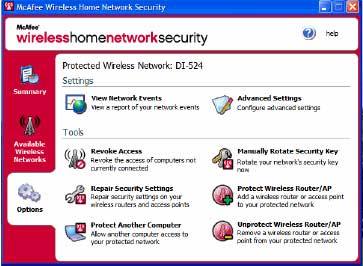Antivirus Software For Retired Military
ANTIVIRUS SOFTWARE AND MICROSOFT HOME USE. HOME USE OF THE ANTIVIRUS PRODUCTS WILL NOT ONLY PROTECT PERSONAL. Japan Kick off Joint Military Exercise 1/17. Shift Colors-Navy Retiree. Awaz E Dost Mukhtar Masood Pdf. Can now get free antivirus software for home use through a. Systems by providing antivirus protection for military personnel. Free Downloads for Military - Norton Antivirus, Spyware software for home use.
Do not go on the Internet unprotected. If you do, you'll regret it. Audiobook Pt-br. Advice like that is common everyday fare. What follows is not: 'What this means is that all of us had missed detecting this malware for two years, or more. That's a spectacular failure for our company, and for the antivirus industry in general.'

That's from,' a recent post by, Founder and Chief Research Officer of F-Secure — a significant player when it comes to protecting digital equipment. Statements like that aren't normal for Mikko (his ); the well-regarded computer-security guru is typically upbeat about things digital. I contacted Mikko asking if he had any further thoughts: 'Regular antivirus works fine for the regular malware out there. It doesn't work well against government-funded super-malware.

How likely is it you may be targeted by super-malware? I guess it depends on what you're doing. Bullet-proof vests and helmets work fine against a street robber who is out to get anyone he can find. They don't work well against a government assassin who is out to get you and only you.
How likely is it that are you may be targeted by a government assassin? I guess that also depends on what you're doing.' Mikko is referring to the new family of (military malware and super-malware are names I've found) that include Stuxnet, DuQu, and Flame. In gathering facts for this article, I found this was not the first time people questioned traditional antivirus programs. I'd like to introduce, Senior Information Security Analyst at the University of Texas-Dallas.
Paul, a fine writer, penned for SecurityFocus. The lead paragraph: 'The title and topic of this article is clearly controversial.
It is guaranteed to get a strong reaction from the antivirus industry, which is firmly convinced it sees clear sailing ahead. So, is antivirus scanning obsolete? In a word, yes, but don't throw out your scanner.' It seems Mikko is not alone and not the first. Paul wrote that 1 0 years ago. The final person I'd like to introduce is. Bruce is highly regarded when it comes to any kind of security.
To see what I mean, check out Bruce's new book,. In 2009, Information Security Magazine carried ', a point/counterpoint discussion between Bruce and. Bruce had this to say: 'Yes, antivirus programs have been getting less effective as new viruses are more frequent and existing viruses mutate faster. Yes, antivirus companies are forever playing catch-up, trying to create signatures for new viruses. Yes, signature-based antivirus software won't protect you when a virus is new, before the signature is added to the detection program.
Antivirus is by no means a panacea.' To be fair, all three feel antivirus applications have their place, but the methodology signature-based antivirus programs subscribe to appears less than adequate. Playing catch-up During our phone conversation, Paul likened the problem facing traditional antivirus programs to the 'Whac-A-Mole' game, where a pretend mole pops up and the contestant tries to smack the poor critter before it disappears.
Paul explains the similarity: 'Anti-virus scanning is based on Newton's law; for every action there is an equal and opposite reaction. Each time a new virus, or a new viral approach is discovered, anti-virus scanners must be updated.' Paul continues: 'It isn't hard to see there is a point of diminishing returns, where updating is no longer feasible because testing takes too long. At that point, customers begin to look for other solutions to overcome malicious threats.'
Bruce and Paul have ideas as to what can be done to improve the situation. I'll start with Paul.
Back in 2002, he was excited about something called. I'll let him explain: 'The solution is to run unproven programs in a protected, virtual environment. This will allow the program to perform all functions it normally would, both during installation and after it is running normally.